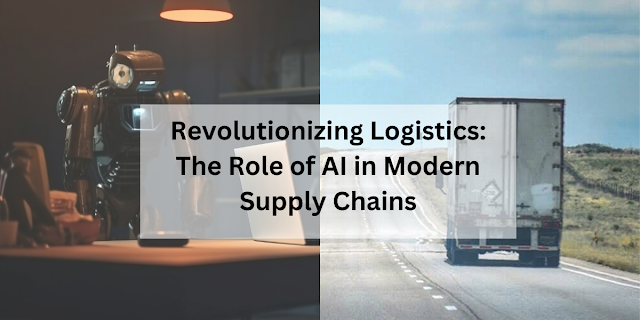Demystifying Blockchain in Supply Chain Management
Introduction
In the real of modern supply chain management, staying competitive and efficient is a constant challenge. Traditional supply chain systems often struggle with issues such as transparency, traceability, and security. Enter blockchain technology – the revolutionary innovation that has the potential to transform supply chain management as we know it. In this article, we will demystify blockchain and explore its applications in supply chain management, shedding light on its benefits and implications.
Understanding Blockchain Technology
At its core, blockchain is a decentralized and distributed digital ledger that records transactions across multiple computers. Unlike traditional databases, where a central authority maintains control, blockchain operates on a peer-to-peer network. Each transaction is grouped into a "block," which is then added to a chronological chain, creating an immutable and transparent record of all activities.
Transparency and Traceability
One of the key challenges in supply chain management is maintaining transparency and traceability throughout the entire process. Blockchain addresses this challenge by providing a tamper-proof record of every transaction and movement. Every participant in the supply chain network can access and verify the information, ensuring accountability and reducing the risk of fraud or unauthorized alterations. This level of transparency builds trust among stakeholders and empowers consumers to make more informed purchasing decisions.
Enhancing Security
Supply chains often involve multiple parties, each with access to sensitive data. Traditional databases are vulnerable to cyberattacks and data breaches. Blockchain's cryptographic algorithms and decentralized structure make it inherently secure. Transactions are encrypted and linked, making it nearly impossible for unauthorized parties to alter or compromise the information. This heightened security reduces the chances of counterfeiting and unauthorized access, safeguarding the integrity of the supply chain.
Streamlining Documentation and Processes
In traditional supply chain management, the documentation process can be time-consuming and error-prone. Blockchain streamlines this process by automating the creation, verification, and sharing of documents. Smart contracts, self-executing contracts with predefined conditions, can trigger actions automatically when certain criteria are met. This automation reduces paperwork, minimizes delays, and enhances overall efficiency.
Efficient Tracking and Real-Time Updates
Blockchain's real-time tracking capabilities enable accurate and instant updates on the status and location of goods within the supply chain. This feature is particularly beneficial for industries dealing with perishable or high-value goods. Suppliers, manufacturers, distributors, and retailers can collaboratively track products, anticipate delays, and proactively address any issues that may arise.
Conclusion
As we demystify blockchain in supply chain management, it becomes evident that this technology holds tremendous promise for revolutionizing the industry. With its ability to provide transparency, traceability, security, and automation, blockchain addresses many of the challenges that have plagued traditional supply chain systems. While adoption may require initial investment and adjustments, the long-term benefits far outweigh the costs. Embracing blockchain technology can lead to a more resilient, efficient, and customer-centric supply chain ecosystem that sets businesses on a path to success in the modern marketplace.



Comments
Post a Comment